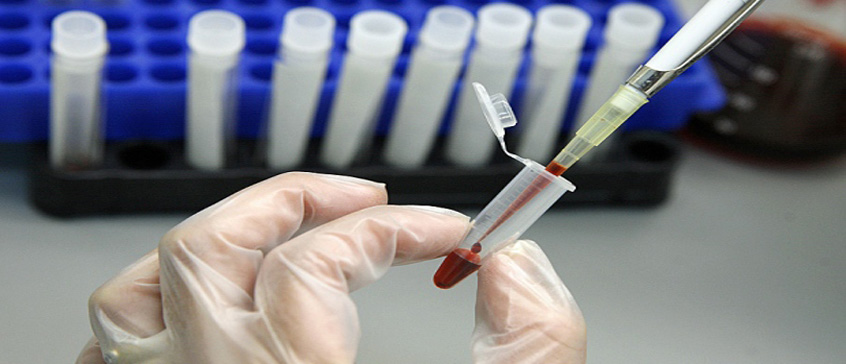Anti-HIV test is the first and most well-known test for screening and diagnosis in terms of HIV infection, which causes AIDS. In this test, the antibodies secreted by the body against the virus are checked, that is, it is an indirect test and is usually a test that is studied with the ELIZA method, so it is popularly expressed as “ELISA, I had ELISA done”, whereas ELIZA is not a test, it is a method and hundreds of different tests are studied with this method. ie ELIZA = does not mean HIV test.
When the HIV virus enters a person’s body, the immune system (immune system) begins to fight the virus, and in order to win this war, the body begins to produce “Anti HIV” antibodies in protein structure. These antibodies can be thought of as defensive weapons to protect the body.
The purpose of the HIV Elisa test (Anti HIV Test)
The purpose of the Elisa test (Anti HIV Test) is to detect these antibodies. The presence of anti-HIV antibodies indicates that the person is HIV-infected.
In order to get the correct result from the Elisa anti HIV test, 3 months must have passed since the suspicious relationship. Because, as soon as the HIV virus enters the body, anti-HIV antibodies do not form, so it takes a certain period of time (although it varies from person to person).
Elisa anti HIV test is highly sensitive, so even if there is a very small amount of anti-HIV antibodies in the blood, this test gives a positive result, that is, the presence of HIV is detected.
Therefore, if 3 months have passed from the suspected relationship, the negative result of the ELISA anti HIV test indicates that the result is definitely correct.
However, if the ELISA HIV test is positive, it does not necessarily indicate that the person has HIV. Because the ELISA HIV test can react with different antibodies against other infections and a “false positive” result can be obtained even though the patient is not infected with HIV.
In such HIV-positive cases, western blot HIV confirmation testing is required.
Some of the cases where the anti HIV test gives false positives;
- Leukemia
- in cases such as lymph cancer
- lupus disease
- in autoimmune diseases such as rheumatoid arthritis (inflammatory rheumatism)
- In syphilis (syphilis) disease
- In alcoholic individuals
Visit our page for detailed information about When to Get Tested for HIV-Aids <—.
